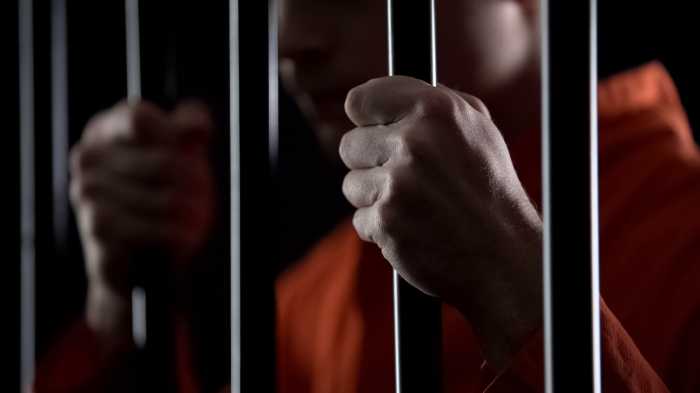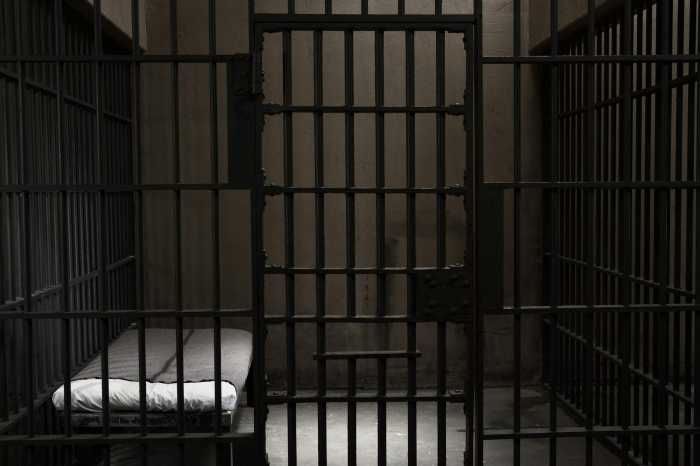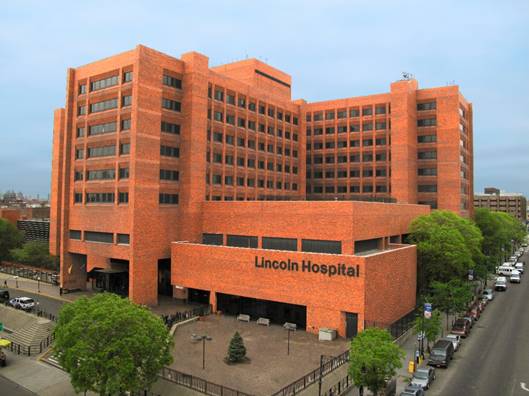In a recent visit to Taconic Correctional Facility, I met dozens of incarcerated women.. We sat in the visiting room and walked through other parts of the facility adorned with hand-painted images of the New York City skyline on the cold cement wall—the same skyline I’ve looked at since I was a child growing up in central Brooklyn. The women I met were serving sentences that will never allow them to even be eligible to be considered for release in their lifetimes.
The women I met are mothers, grandmothers, sisters, and daughters. They belong to people and communities like my own. Many of those women were from my community, a community that has been devastated by mass incarceration.
Brooklyn has more individuals serving life sentences than anywhere else in New York State. It is my constituents who are languishing in prison. It is our community impacted by the systemic harms of the criminal legal system, which is not keeping us safe, and not fulfilling its mandate to provide justice. As a legislator and a nurse, I have a duty and responsibility to work with my colleagues to end this suffering.
With the passage of Less is More, New York took a huge step toward righting the draconian parole laws that have disproportionately harmed New Yorkers, of color. New York made the morally right and life-saving choice in passing Less is More. When Governor Hochul signed the bill, nearly 200 New Yorkers were immediately reunited with their families after being released from Rikers Island amid escalating deaths in the jails. In March of 2022, when Less is More goes into effect, many more will no longer be needlessly penalized for technical parole violations.
This is a step to undoing the systemic harms integral to the criminal legal system. But Less is More is just the beginning. We can’t declare victory on parole reform yet. Less is More, which has yet to be fully implemented and really address the current crisis, impacts those already released to parole supervision but not the thousands of New Yorkers still being denied a fair chance at release from prison because our unjust system centers punishment over everything.
Even with Less is More, thousands of people still in prison are routinely denied parole or never make it to their first chance at release alive. A new report by researchers at Columbia University finds nearly 1,300 people died in prison in the last decade, more than the total number of people executed by New York State during the more then 350 years of state’s practice of capital punishment. Of those 1,300 deaths 41% were Black and 56% were over 55-years-old. The people languishing and dying in New York prisons are the exact same people I met at Taconic.
This is a crisis that deserves immediate attention. It is a matter of life and death for my constituents and our communities. An urgent next step we in the state government must take is to pass the full parole justice platform immediately when the legislative session resumes in January.
This platform includes two essential bills: the Fair & Timely Act and Elder Parole bill. The Fair & Timely Parole bill would restore the parole release process to its original purpose, requiring that people are evaluated based on who they are today, and not solely their original conviction from however many years and decades ago. The Elder Parole bill would ensure that people classified by NYSDOCCS as older adults who have already served 15 years can appear before the Parole Board for case-by-case consideration.
These life-saving, public health promoting measures are critical to ensuring fairness and safety in New York State. As a new mom, I want my son to grow up in a just world with thriving, healthy communities. Passing parole justice will help get us there.
Phara Souffrant Forrest is a member of the New York State Assembly representing parts of Central Brooklyn.






































